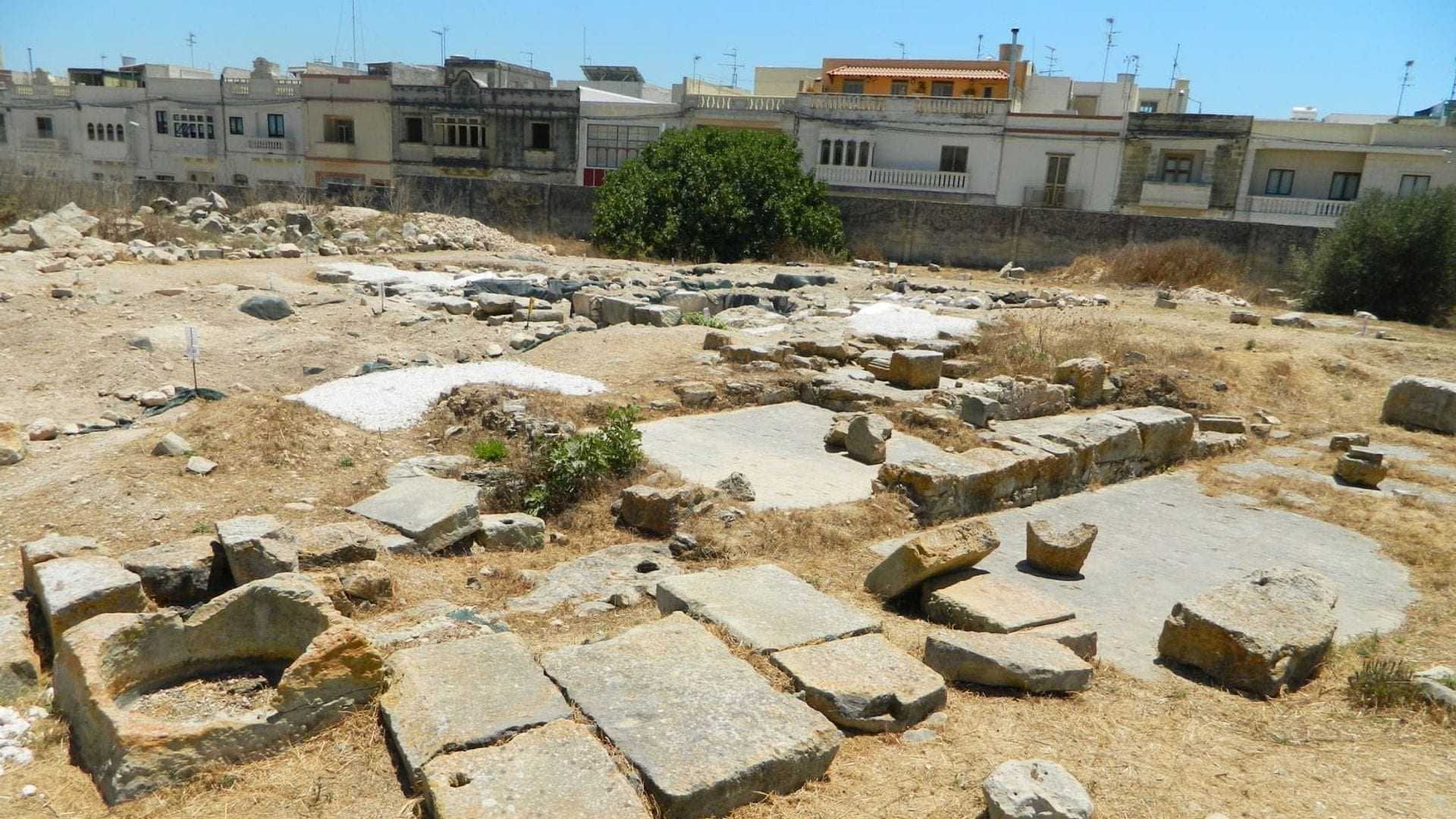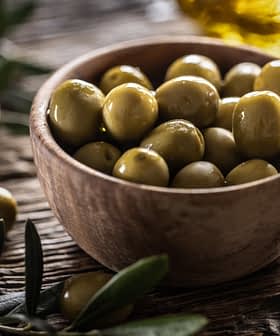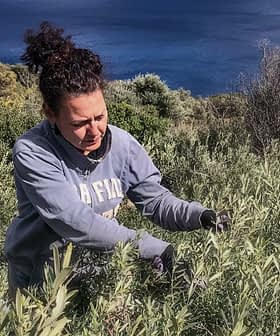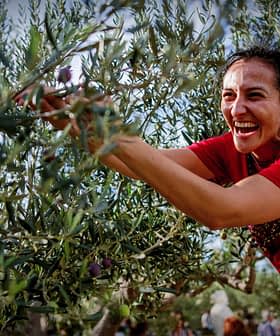Archaeologists Bring Roman Villa Back to Life in Malta

A Roman villa in Malta dating back to the fourth century BCE is being digitized to showcase its ancient olive oil production techniques and impact on the local economy and society. The 3D modeling project aims to visualize the structure and operation of the villa, highlighting its advanced olive oil production methods and historical significance in the region.
An olive oil-producing Roman villa in southeastern Malta, which dates back to the fourth century BCE, could soon be admired in all of its ancient glory thanks to a pioneering digitization project.
Located near some of the island’s historic ports, the Roman villa boasted sophisticated milling technologies. As its production and relevance grew over time, so did its impact on the local economy and society.
The Maltese Wirt iż-Żejtun NGO has supervised the archaeological excavations, which in recent years have shed light on the villa and its important role in the region. For archeologists, the time has now come to let people access the site as a result of 3D modeling.
See Also:Scientists Find Earliest Evidence of Olive Oil in Central Europe“We chose the Roman villa because few are aware of it enough to appreciate its value and close ties to the local context,” Wirt iż-Żejtun president Ruben Attard told Times of Malta.
“People tend to imagine a built structure but, really, the site is mostly a ruin with some unique visible features, like the oil pressing block,” he added. “We will take what we learned from the long years of studies and digs and use it to virtually construct a 3D model that will visualize not only what the structure once looked like but how the day-to-day operation of olive oil production functioned.”
Digital tourists to the site will then be able to see how locals used to produce olive oil, both with 3D models and animations.
According to the archaeologists, olive oil production techniques and infrastructure were likely some of the most advanced in all of the Roman Empire, at the time.
“The pressing of olives to produce olive oil depends on a fairly straightforward process,” Nicholas Vella, one of the archaeologists from the site, told the University of Malta magazine, Think. “You need to apply pressure to olives which have had their pips removed. The ancient sources tell us you did not want to crush the pip because that would create an inferior quality olive oil.”
Dating back to the beginning of the rise of Carthage’s economic and political importance in the Mediterranean region, the villa was an ancient farm whose activities spanned generations.
Bronze Age finds around the archaeological site have also confirmed the relevance of olive oil production for the local population. Furthermore, changing technology at the mill demonstrated how the importance of olive oil production grew at the site over time
The pivotal role that the villa and olive oil production played for the local population is also reflected in the name of the area in which the mill was found – Żejtun, which comes from the Sicilian Arabic word, zaytun, meaning “fruit of the tree.”









